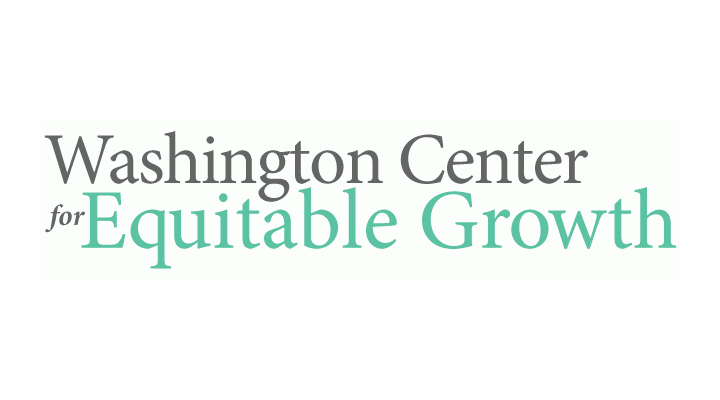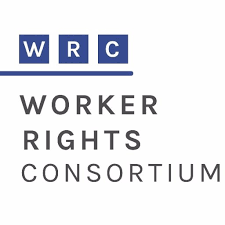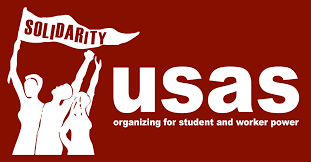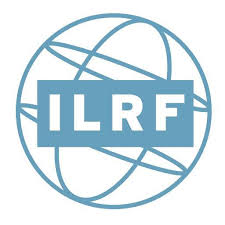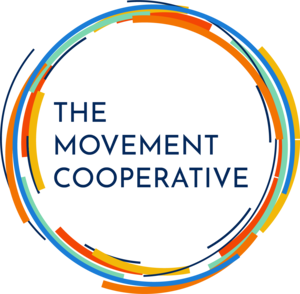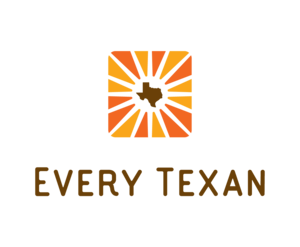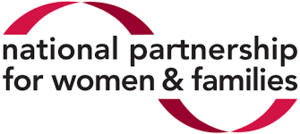Strengthening their workplaces
Nonprofit organizations succeed when employees have a say in workplace decisions. Our members have used their seat at the table to establish protocols to increase diversity and inclusion, narrow the gender wage gap, and make their workplaces more fair and equitable. Improvements like these boost morale and make nonprofit organizations more productive. Our members continue to make a positive impact through their work, while having a welcoming environment and the necessary resources for success.
Ensuring fair pay and benefits
Our members know the importance of earning a livable wage, especially since many of them live in increasingly expensive cities like Washington, D.C. and San Francisco. That’s why they’ve negotiated for annual raises, minimum salaries, and overtime pay. One first union contract raised salaries by almost 10 percent on average.
In addition to wage gains, our members have used their collective voice to improve their benefits. They have quality employer-provided health insurance and employer-sponsored retirement plans. They’ve also negotiated for generous paid time-off, including holidays, vacation time, and sick leave (some even have unlimited sick days). Additionally, many of our members have improved parental leave policies at their organizations, with most members receiving between six weeks and six months of paid time off for the adoption or birth of a dependent child.
Encouraging workplace collaboration
Our members recognize the importance of collaborating with their managers and colleagues, which is why they’ve established labor-management committees in their workplaces. These committees include representatives from both management and the union, and meet regularly to discuss issues of common concern. Labor-management committees foster communication between employees and managers, and provides a platform to address concerns.







